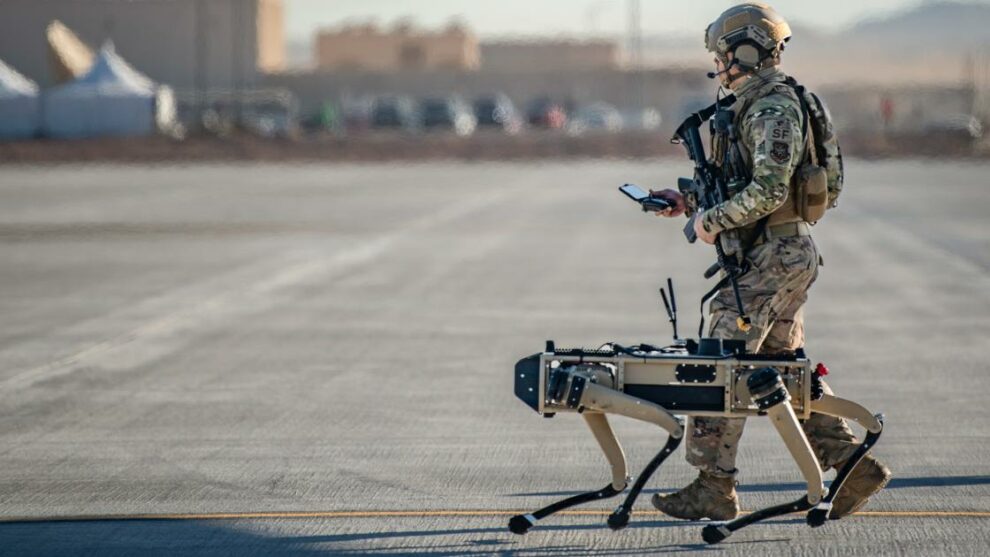Artificial intelligence is revolutionizing the U.S. military’s threat response capabilities, with the Pentagon now openly acknowledging AI’s role in accelerating its “kill chain” process. This development marks a significant shift in the relationship between Silicon Valley’s AI giants and the defense sector, as leading companies carefully balance military collaboration with ethical constraints.
Dr. Radha Plumb, the Pentagon’s Chief Digital and AI Officer, revealed in a recent TechCrunch interview that AI technology is providing “significant advantage” in threat identification, tracking, and assessment. While emphasizing that current AI applications focus on planning and strategy rather than direct combat, Plumb acknowledged the technology’s role in expediting military response times to protect American forces.
The military’s embrace of AI technology follows a notable policy shift among major tech companies in 2024. Industry leaders including OpenAI, Anthropic, and Meta modified their usage policies to permit U.S. intelligence and defense agencies to utilize their AI systems, while maintaining strict prohibitions against applications that could directly harm humans.
This evolving partnership has sparked a wave of strategic alliances between AI developers and traditional defense contractors. Meta has established partnerships with industry giants Lockheed Martin and Booz Allen, while Anthropic joined forces with Palantir. OpenAI’s collaboration with Anduril and Cohere’s quiet deployment with Palantir further illustrate the growing convergence of commercial AI technology and military applications.
The Pentagon’s implementation of generative AI primarily focuses on scenario planning and strategic analysis. According to Plumb, the technology enables military commanders to explore various response options and evaluate potential trade-offs when facing multiple threats. This application helps optimize decision-making processes while maintaining human oversight of critical military operations.
However, questions remain about the precise boundaries between permitted and prohibited uses of AI in military contexts. The current employment of generative AI in kill chain planning appears to push against the stated usage policies of several leading AI developers. Anthropic’s policy, for instance, explicitly forbids the use of its models in systems designed to cause harm or loss of human life, creating potential conflicts with military applications.
The evolving relationship between Silicon Valley and the Pentagon reflects broader tensions in the AI industry as companies navigate the complex intersection of technological innovation, national security, and ethical responsibility. As AI demonstrates its military utility, pressure may mount for tech companies to further relax their usage policies, potentially allowing for expanded military applications.
This development raises important questions about the future of AI in military operations and the role of private sector technology in national defense. While current applications focus on enhancing decision-making processes rather than direct combat operations, the integration of AI into military planning systems represents a significant step toward more technologically sophisticated warfare.
The careful positioning of AI companies in this space reflects the delicate balance they must maintain between supporting national security interests and upholding ethical principles. As these relationships continue to develop, the industry faces ongoing challenges in defining appropriate boundaries for military AI applications while ensuring responsible development and deployment of these powerful technologies.
For the Pentagon, the integration of AI represents a crucial modernization effort aimed at maintaining technological superiority in an increasingly complex global security environment. However, the military’s growing reliance on commercial AI technology also highlights the changing nature of defense procurement and the increasingly vital role of private sector innovation in national security.
The coming years will likely see continued evolution in both military AI applications and the policies governing them, as defense agencies and technology companies work to harness AI’s potential while respecting ethical boundaries and ensuring responsible deployment of these transformative technologies.
















Add Comment